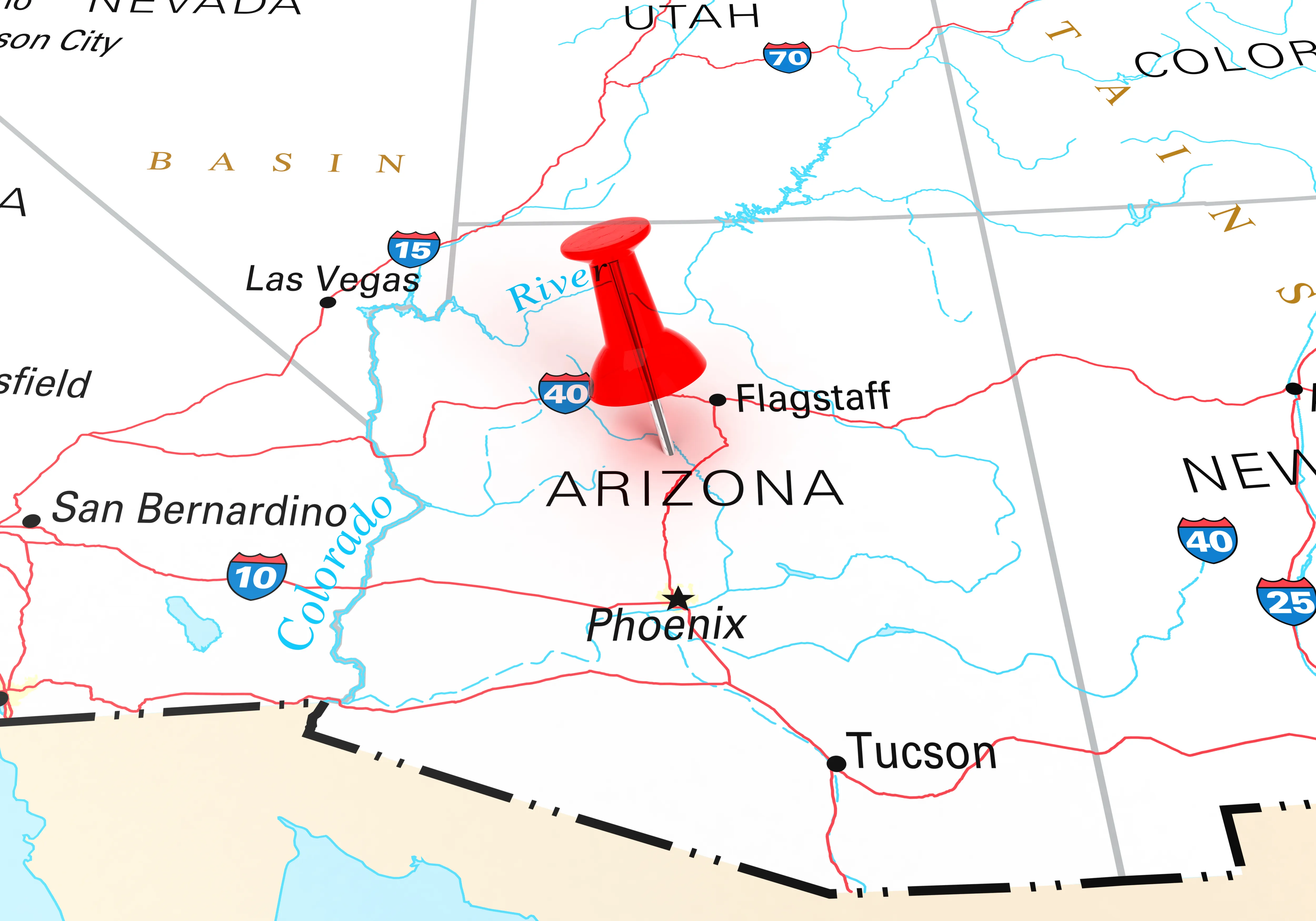
Daily Audio Newscast Afternoon Update - February 20, 2025
© INDU BACHKHETI - iStock-1336427297
News from around the nation.
Trump orders end to federal benefits for undocumented migrants; AL Senate committee advances bill to teach middle schoolers conflict resolution; Public health experts warn about pollution from burned plastics in L.A. fires; Schools struggle to keep up with diabetes tech, leaving parents to fill gaps.
Transcript
Public News Service Thursday afternoon update, I'm Mike Clifford.
President Trump Wednesday signed an executive order aimed at eliminating federal benefits for undocumented migrants in the U.S., describing the benefits as "an improper use of taxpayer resources."
That from the New York Times.
The report, it was not immediately clear which programs would be affected by the order.
The Times notes that undocumented immigrants are largely not eligible for federal funds, with only some exceptions allowed for emergency situations.
And many immigrant families are hesitant to enroll in programs they are eligible for.
That's according to the National Immigration Law Center.
An Alabama Senate committee has approved a bill that would require middle school students to take a course on conflict resolution before high school.
Senate Bill 34, sponsored by Democratic Senator Roger Smitherman of Birmingham, is designed to equip students with skills to de-escalate conflicts, particularly as social media fuels more disputes among young people.
Smitherman says too many students turn to violence because they don't know how to handle disagreements.
I've seen folks get to a point where they have guns and do everything just because of that post.
They don't have any kind of way of understanding how to deal with conflict and resolution, so they pollute.
The end result is you grab a gun to do something.
Chantia Hudson reporting.
And after thousands of homes and businesses burned in the L.A. fires, public health doctors are warning about toxic pollution from plastics used in construction.
Many building materials are made from plastics, including flooring and carpeting, floor sealants, siding, insulation, paints, and plumbing.
Kaya Allen Sugarman with the group Physicians for Social Responsibility Los Angeles says the toxic chemicals found in urban wildfire smoke have been linked to respiratory and developmental conditions, hormone disruption, and even cancer.
Plastics don't just burn, they release some of the most toxic chemicals.
When released, these pollutants don't just disappear.
They can travel distances in ash and they settle in the air, water, and soil, contaminating entire communities.
Experts recommend using an air purifier or HVAC system with a HEPA filter inside and wearing an N95 mask outside if you're downwind of the fire zones.
I'm Suzanne Potter.
Now a KFF Health News Florida News Connection collaboration for kids with type 1 diabetes.
Continuous glucose monitors offer free real-time alerts to prevent dangerous blood sugar highs and lows.
But many schools outdated policies and resistance to new technology are leaving families to pick up the slack and putting kids at risk.
Julie Caledonio, an attorney and mom of a child with type 1 diabetes, knows this struggle all too well.
It just still seems maybe like a lack of an awareness of the disease and sometimes it's frustrating that it seems like they don't want to give your kid the best quality of life.
Her son Luke was diagnosed at age four and relies on a small device attached to his arm to manage his blood sugar.
This is public news service.
Legislation to provide legal immunity for pesticide companies has been introduced in state capitals across the nation.
Lawmakers in Boise could soon join them.
Research including from the University of Idaho has shown a link between agricultural chemicals and cancer rates in adults and children.
Head of the Idaho Organization of Resource Councils, Irene Ruiz, says pesticide manufacturers know they're selling something potentially harmful.
To spill the responsibility on a small farmer, on a pesticide sprayer, on other folks, that's just not a fair thing to do.
And for them to absolve themselves from this liability is not a good thing in the long run.
A poll from September found 90 percent of Idahoans oppose legally shielding pesticide companies.
In 2024, lawmakers introduced a bill to provide legal protection for companies that failed to warn people about health and safety issues from pesticides.
But the bill died in the Senate.
The sponsor of the legislation says potential lawsuits create uncertainty for farmers and ranchers.
I'm Eric Tegethoff reporting.
Next to Virginia where lawmakers and clean air advocates are closely watching budget talks in Congress, they hope clean energy tax incentives passed in previous budgets are not stripped from the funding.
These include tax credits to retrofit homes with solar panels, incentives to make homes more energy efficient, and a $7,500 rebate for the purchase of a new electric vehicle.
Jack Pratt with the Environmental Defense Fund Action says Virginia is already benefiting from the programs.
That's particularly problematic in Virginia where there are jobs and savings that are already coming from offshore wind or solar or other clean energy, renewable energy alternatives.
Virginia ranks ninth in the country for solar energy, employing more than 5,000 people.
Since 2019, solar installations in Virginia have increased dramatically.
I'm Simone Perez.
Finally, nearly a thousand political scientists from across the U.S. have signed a letter saying American democracy is under threat based on the early actions of the new Trump administration.
Those who added their names to the statement work for colleges and universities in both red and blue states.
They highlight six specific areas of concern, including the administration acting unilaterally to cancel spending approved by Congress.
They say moves like that undermine checks and balances.
In North Dakota's Mark Jindrasek says he personally feels that the nation is in a constitutional crisis.
The presidency is attempting to basically render Congress superfluous to almost every important decision and the most important decision, which is how money is raised and spent.
Congress, currently under Republican control, seems too willing to surrender that power.
In defending certain actions, the White House says it's ensuring that all federal agencies are accountable to the American people as required by the Constitution.
I'm Mike Moen.
This is Mike Clifford for Public News Service, member and listener supported.
Hear us on radio stations big and small.
Find our podcast and trust indicators at publicnewsservice.org.
















